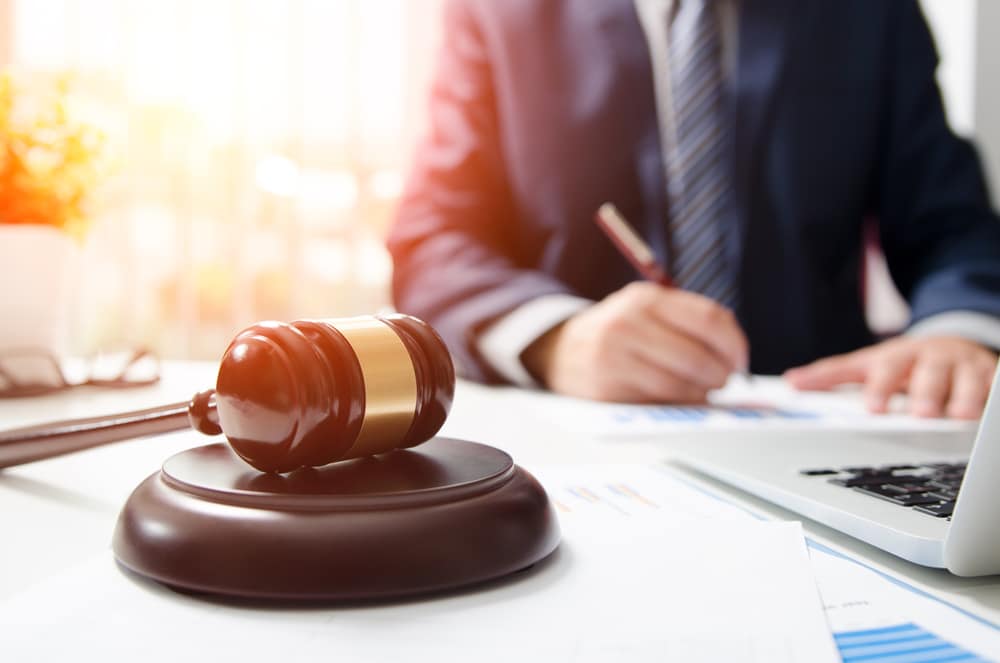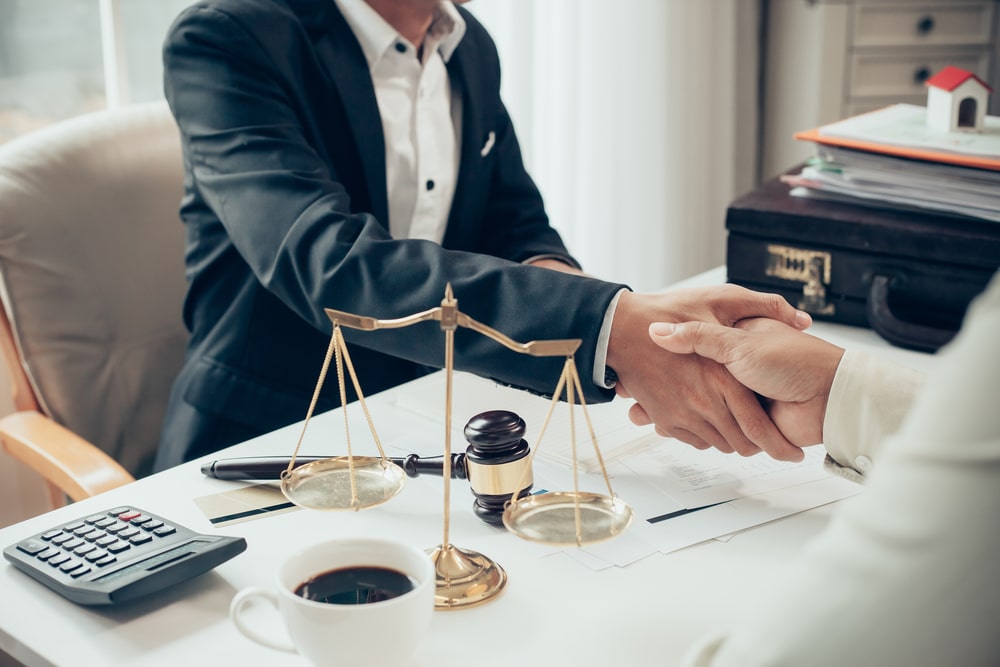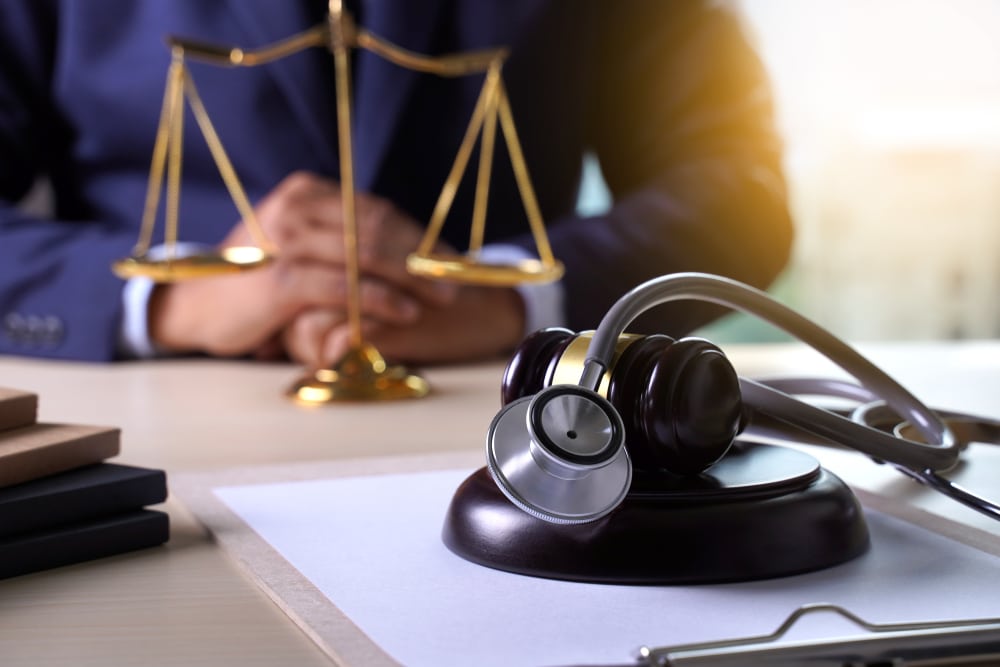It is common wisdom in the legal profession that one who acts as his own attorney has a fool for a client. The reason comes down to emotion. Even if a plaintiff or a defendant has a law degree, when personal assets, future security, and peace of mind are at stake, it is easy for anger and fear to impair judgment and clear thinking — both of which are imperative for arguing a personal injury claim case successfully. Besides that, the best personal injury attorney has a long track record of winning judgments for their clients.
Why and When to Hire New York Personal Injury Lawyers

There are many excellent reasons to hire a personal injury lawyer through Accident Help Line New York. Injured parties should do this as soon as they are able because the process of filing an injury lawsuit and getting compensation is a complex and lengthy one; it requires an in-depth understanding of the legal system and its processes to initiate a lawsuit and move it forward.
Complicated lawsuits – for example, those involving medical malpractice or wrongful death claims – require the expertise of experienced personal injury lawyers.
Step 1: The Complaint

Regardless of the cause of action (in other words, the reason for suing), every civil lawsuit begins by filing the complaint. This is the first part of what is known as the “pleadings” stage. A complaint is a form containing the identities and addresses of:
- the plaintiff: the injured party
- the defendant: the party allegedly responsible
- the plaintiff’s attorney
- the court: specifically, where the complaint is filed
The plaintiff is also known as the petitioner, while the defendant may be called the respondent. The complaint is essentially a formal notification addressed to the defendant that they are being sued. The complaint contains an account of the accident, including the date of the incident, circumstances, proximate (immediate) cause, and injuries and losses sustained.
The complaint also includes a statement of the remedy sought by the plaintiff (in other words, how much money is being asked for).
Once the complaint has been filed with the court, a copy or a “summons” must be delivered to the defendant. In most jurisdictions, this task is assigned to a neutral third party or process server. The plaintiff may also request that a law enforcement officer (usually a county sheriff’s deputy) be given this task.
Once the summons has been delivered (in legal parlance, it is said that the defendant has been “served”), the defendant has a fixed amount of time in which to either challenge the lawsuit by denying the allegations. This is usually 20 to 30 days following receipt, but under certain circumstances, it can be as long as three months. During this period, a plaintiff’s attorney may file additional motions.
If the defendant fails to respond, the court will automatically decide in favor of the plaintiff (though this rarely happens).
Step 2: Discovery
Most people are familiar with this term as it is used in a legal context. Part of both criminal and civil proceedings, discovery is the phase of the process during which each side has the opportunity to examine and analyze all available evidence in order to determine the facts of the case. This includes written questions addressed to both parties (“interrogatories”) and interviews (“depositions”) conducted by the personal injury attorneys with witnesses and others connected with the case.
Step 3: Settlement Conferences
Legal cases do not usually go to trial immediately. Most are familiar with the term “plea bargain” in criminal cases, in which the suspect agrees to plead guilty in exchange for a lighter sentence. The mediation phase of litigation serves a similar function, except that the defendant is not required to admit liability. Personal injury attorneys for both sides attempt to determine what it would take for the plaintiff to withdraw the complaint. The primary objective is to spare all parties the time and expense of a full trial. This is usually a good thing, because if a case goes to trial, it may be months or years before it is resolved.
Going to Court

When a settlement cannot be reached, the case is presented to a judge and jury. Most people are familiar with the process: the plaintiff argues their case first, followed by the defense. Afterward, the jury retires to determine whether or not there is a liability and if so, how much money the defendant should receive.
It bears mentioning that in some cases, the plaintiff and the defendant may share liability. For example, if a plaintiff is injured in a rear-end collision and the jury learns that he or she had no working brake lights, they may assign part of the liability to the injured party. So, if the plaintiff is seeking $250,000 in damages and the jury finds that he or she is 25 percent at fault, that award would be reduced by a quarter of that amount, or $62,500. That said, New York is one of 42 states that places no caps on the number of damages that a jury can award in a personal injury case.
There is also the remote possibility that a verdict may be appealed. Either party who is unhappy with the verdict of a lawsuit has the right to appeal to a high court in hopes that it will be overturned. This almost never happens in personal injury lawsuits involving individuals. However, it happens more often in product liability cases or mass litigation in which numerous plaintiffs allege injury from the same defendant, which is almost always a corporation or institution.
Helping Your Case

The best time to maximize the chances of successfully getting a settlement in personal injury cases is before you contact an attorney. This means remaining silent. As you know, anything a suspect says will be used against them in a criminal trial. Likewise, anything a plaintiff may say about an accident or their injuries will be used by the defense in order to disprove their claim. Even posting on social media can harm your case in a personal injury lawsuit.
You may also be approached by an insurance adjuster or other representative and asked to sign forms. They will attempt to get your signature even when you are still in the hospital recovering. It is their job to settle your claim for the least amount possible, so do not sign anything until you have had your own personal injury lawyer examine the documents.
You should also keep careful records and documentation of diagnoses, medical treatment after an accident, any medications, and all related expenses.
How the Best New York, NY Personal Injury Attorney Can Help

The value that an experienced personal injury lawyer can bring to your case cannot be overstated. Here are the eight best reasons to have trained, licensed counsel:
1. Experience
A client can certainly do his or her own research, request and review medical and police records, and speak directly with insurance company representatives. However, this requires a massive number of hours; it is virtually a full-time job and too much for one person to do on their own. Besides that, an insurance adjuster has one primary mission: to minimize or even deny a claim. Personal injury lawyers know how to negotiate with insurance companies. Additionally, a major law firm has the resources and support personnel trained to review reports and prepare documents efficiently.
2. Colleagues and Networks
Most injury victims do not realize that previous legal issues can have an impact on their present cases. Bankruptcy, divorce, property disputes, or even a criminal record can affect the way a client’s case is handled. Like medicine, the law has many specialty areas. Lawyers maintain relationships with colleagues in all areas of the law and are able to consult with them on such issues as they may pertain to your case. They also know how to deal with insurance company attorneys in settlement conferences as well as the courtroom, should your case wind up going to trial.
3. Professional Outside Connections
If you recall the television series Perry Mason, you will remember that he worked with a private investigator named Paul Drake. Personal injury attorneys often work with investigators when handling their clients’ cases. Whether it is a matter of liability, protecting (or finding) assets, insurance policy issues, something from the past, or anything else related to a case, the services of a private investigator can be invaluable when it comes to achieving the best possible outcome for the client. These legal professionals are trained to dig for the facts and document them in ways that build the strongest cases.
4. Objectivity
This has been mentioned before, but it bears repeating: the best personal injury attorney brings an objective and rational mindset to the client’s case. The fact is that very few clients can maintain the calm, rational frame of mind that is necessary to negotiate and argue a case, especially when large amounts of money and basic fairness are at stake. The importance of having counsel and representation by a professional who is not personally involved cannot be overstated. This is an important consideration as one decides when to hire a personal injury lawyer.
5. Multiple Options for Resolution

Most injury lawsuits never go to trial. The best personal injury attorney will strive to get an out-of-court settlement. This is generally considered to be the best outcome for all parties concerned, as it saves everyone the time, expense, and burden of a court proceeding.
Often in injury litigation, a defendant will settle in order to avoid embarrassment or bad publicity (in which case the plaintiff is usually required to sign a non-disclosure agreement of some type.) Sometimes, however, the parties cannot come to an agreement. If this happens, the attorney is prepared to argue the case before a judge and jury. Another alternative is mediation, and a plaintiff’s lawyer can represent the client in this situation as well.
6. Knowledge of Torts
The term “torts” refers to personal injury law. This is the first subject area covered in law school; it is considered basic to legal training. For many law school students, that is far as they go as they pursue various specialties such as criminal defense/prosecution, tax, and business law, etc. On the other hand, personal injury attorneys study torts in-depth throughout law school and subsequently make that area of the law their primary focus throughout their careers. These lawyers are intimately acquainted with all aspects of personal injury and liability.
7. Trial Experience
You are probably familiar with the concept of lawyer-client confidentiality, but what is meant in this context is the confidence that comes with training and experience in the courtroom. Every adult has the legal right to present his/her own case before the court. Issues of legal knowledge and trial experience aside, however, the majority of people find it difficult to speak in front of a group difficult at best — let alone making an argument in front of a judge. Although personal injury attorneys work to settle their clients’ cases outside the courtroom, they are always ready to take their clients’ cases to trial, and most have done it enough times that it is simply another day at the office.
8. Maximum Settlements
Even if you have a law degree or have schooled yourself sufficiently, statistics show that injury plaintiffs who have professional legal representation receive larger settlements than those who attempt to represent themselves. The best personal injury lawyer fights relentlessly to secure the maximum amount possible — and that is because that attorney has skin in the game.
No Upfront Costs

One reason the Long Island, NY personal injury attorneys at Silverstein & Kahn P.C. fight hard for their clients because their fee is based on contingency. Cost is a serious consideration when deciding when to hire a personal injury lawyer. For the client, contingency means he or she will not have to come up with thousands of dollars to retain an injury lawyer’s services. Instead, the attorney and the firm receive payment only if they win a settlement for the client (the standard industry fee is approximately one-third). That, and the experience and expertise of the firm’s attorneys, is an excellent reason to contact the Accident Help Line New York for a free consultation as you decide when to hire a personal injury lawyer.
Sources
https://www.law.cornell.edu/rules/frcp/rule_4
https://centerjd.org/content/fact-sheet-caps-compensatory-damages-state-law-summary


